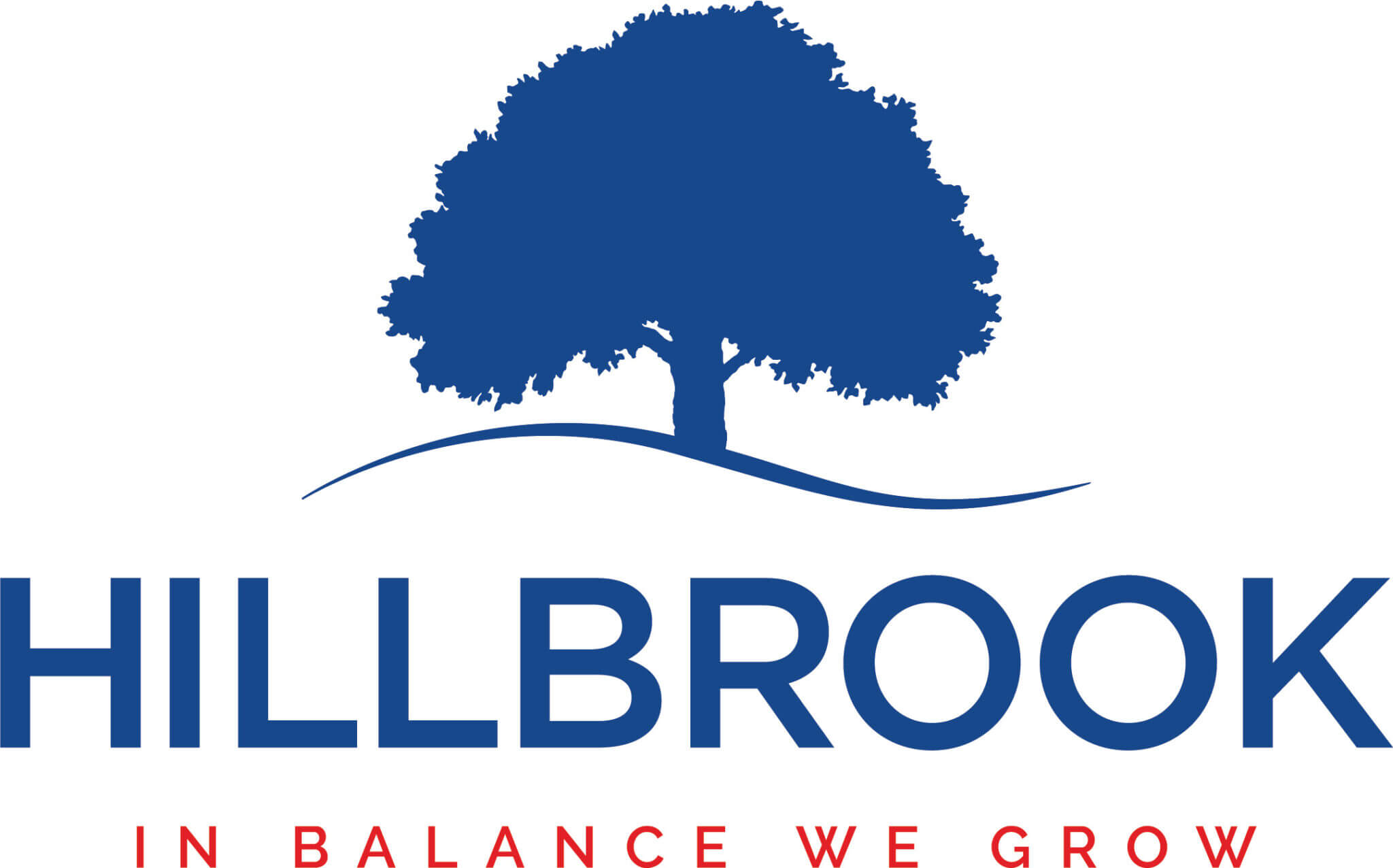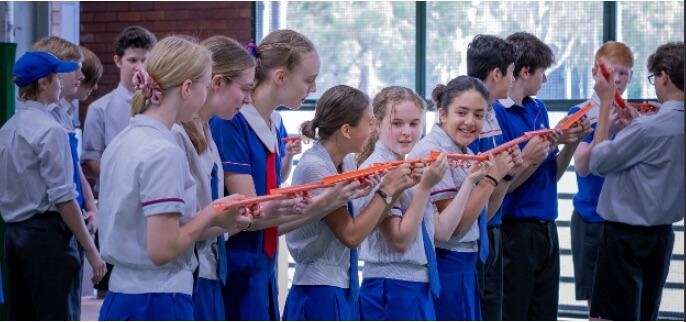Adolescence is a time of great change. It is a dynamic stage of growth and development as young people work out who they are, where they fit and who they are becoming.
Or, as Psychologist and author, Dr Carl Pickhardt says, ‘The loss of childhood is so painful, the developmental challenges are so daunting, the vulnerability from insecurity is so great,
the demands of growth are so many, the conflicts over independence are so frustrating, and [yet] the experience of growing older is so exciting’.
For some teenagers however, the journey from childhood to adulthood may be complicated further with pressures from peers, home and the school environment, bringing with it a range of serious social, emotional, physical and academic challenges. Australian Psychologist, Michael Carr-Gregg says, “The wellbeing of today’s youth has never been more challenging”.And, recently Mission Australia’s Youth Mental Health report highlighted the complexities surrounding young people’s mental health and wellbeing, and suggested that half of all lifetime mental health disorders emerge by the age of 14 and three quarters by age 24.
So, how does a school best respond to this complex stage of life?
In a study conducted in 2014 by Queensland University of Technology to which Hillbrook students contributed, a construct known as school connectedness was defined. It considers students’ connectedness to their peers, school staff and the school itself. QUT’s research identified students’ sense of belonging at school as a strong positive influence on mental wellbeing.
In fact, “School connectedness was such an important protective factor, it was found to be a stronger correlate of current adolescent depressive symptoms than parent attachment, or any other known predictor.”
Our school community strives to foster connections within and across classrooms, year levels and activities. We are committed to some enduring principles that guide us, including:
- a culture of shared concern and collective responsibility;
- an optimistic approach to build their capacity and resilience;
- a priority of developing positive relationships, communicating persistent care, trust and respect; and
- a culture of thinking and reflection that enables students to think deeply about their actions and their consequences.
This culture is further characterised by a proactive, educative approach in raising awareness of stages of adolescent development and their social and emotional learning needs – they are “works in progress”. We strive to have a consistent approach that engenders certainty in the integrity of the processes used, yet an approach that is informed by individual complexities. And, we’re committed to partnering with parents in an honest and open way.
Also, over the past 6 months, the Student Wellbeing Team have been working to refine and strengthen Hillbrook’s more formal approach to Student Wellbeing. The framework for our Student Wellbeing program revolves around the work of Daniel Goleman and Peter Senge in their book, The Triple Focus: A new approach to education [2014], focusing on: self, others and systems.
Focusing on Ourselves – connecting with our sense of purpose and deepest aspirations, understanding why we feel the way we do and what to do about those feelings. This focus holds the key to our purpose in life, to concentrating on the task at hand, ignoring distractions and to managing our emotions.
Tuning-in to Other People – or empathising, being able to understand another person’s life and being able to relate to them, not just from our own perspective. An emphasis in this area leads to caring and the ability to work with others – building connected relationships.
Understanding the Larger World – the way systems interact and create webs of interdependence, whether this is at school, in a family, an organisation or the world at large.
This framework, together with our enduring principles, will help shape our social and emotional learning program facilitated in our Home Class Daily Starter program, Chapel, Year Coordinator and Counselling actions and responses.
Hillbrook is about ‘adolescents’ and we are privileged to be part of their lives during this exciting stage of growth and development.
by STEPHANIE MUNDAY-LAKE/ STUDENT WELLBEING TEAM
Deputy Principal

